1. Dogs Can Sense Your Emotions

Ever noticed how your dog seems to know when you’re feeling sad or stressed? Studies show that dogs can pick up on subtle changes in your body language, facial expressions, and even your scent when your emotions shift. It’s like they’re hardwired to feel what you’re feeling, responding with cuddles or playful antics to lift your spirits.
2. They Respond to Your Tone of Voice
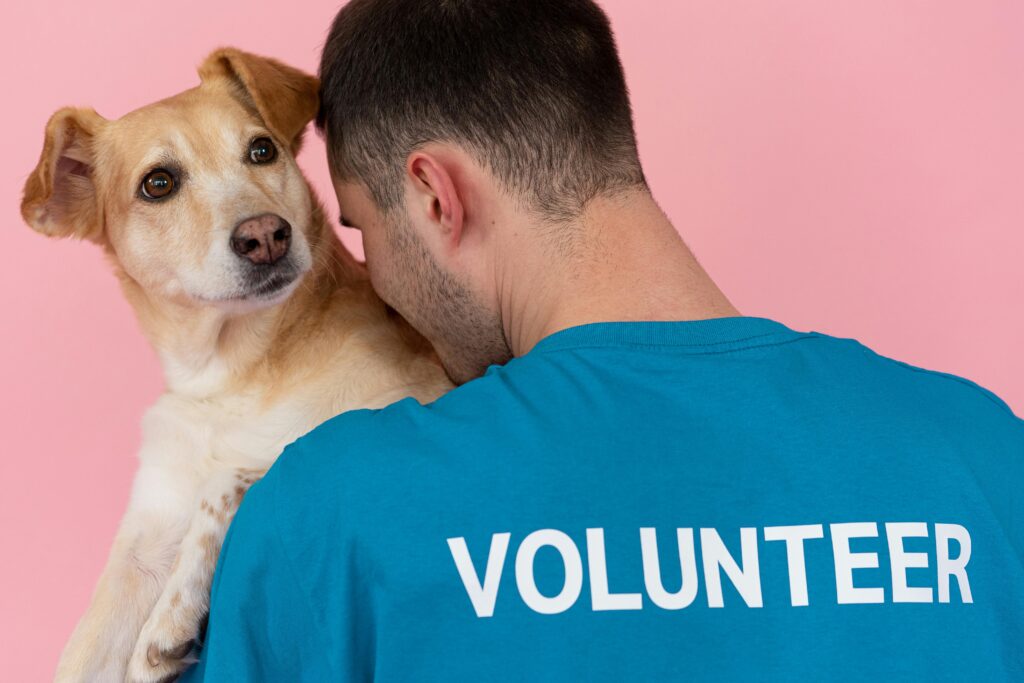
It’s not just the words you say—it’s how you say them. Dogs are incredibly attuned to the tone of your voice and can interpret whether you’re happy, frustrated, or anxious based on vocal cues alone. That’s why your pup may come running when you use a high-pitched, excited tone but slink away if your voice sounds stern.
3. Dogs Anticipate Your Movements

Dogs are experts at predicting what you’re about to do, sometimes even before you realize it yourself. They watch for patterns—like reaching for your keys or putting on your shoes—and they know what it means. That’s why your dog may be waiting at the door before you even say the word “walk.”
4. They Read Your Facial Expressions
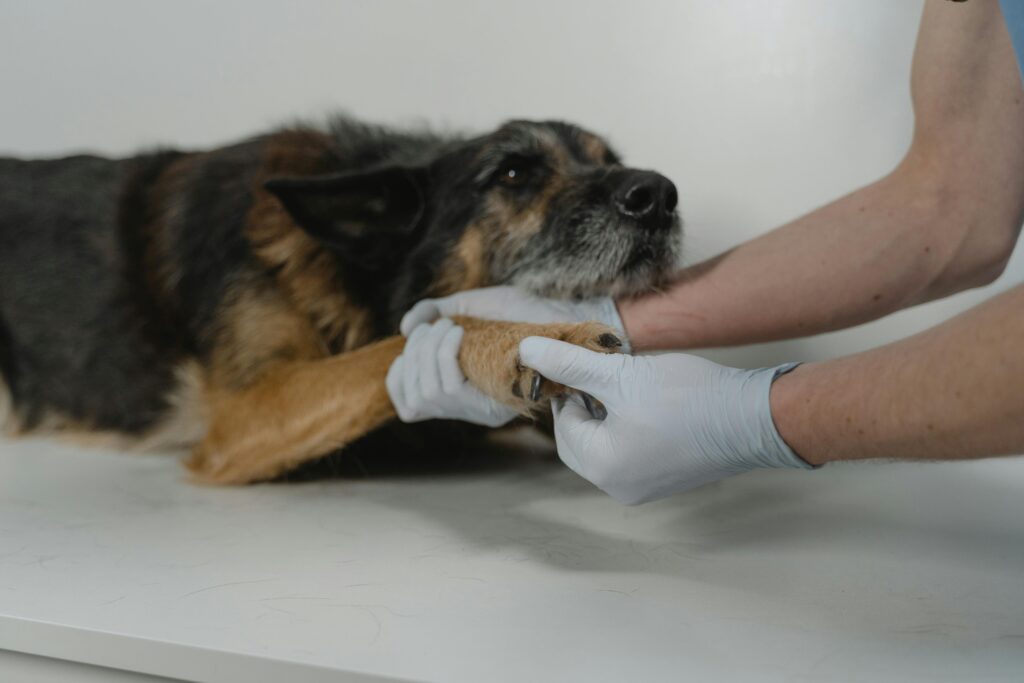
Your dog is watching your face more than you think! Research has shown that dogs can distinguish between happy, angry, and neutral facial expressions, and they react accordingly. A smile from you might mean a wagging tail from them, while a frown could lead to cautious behavior.
5. They Pick Up on Your Daily Routine
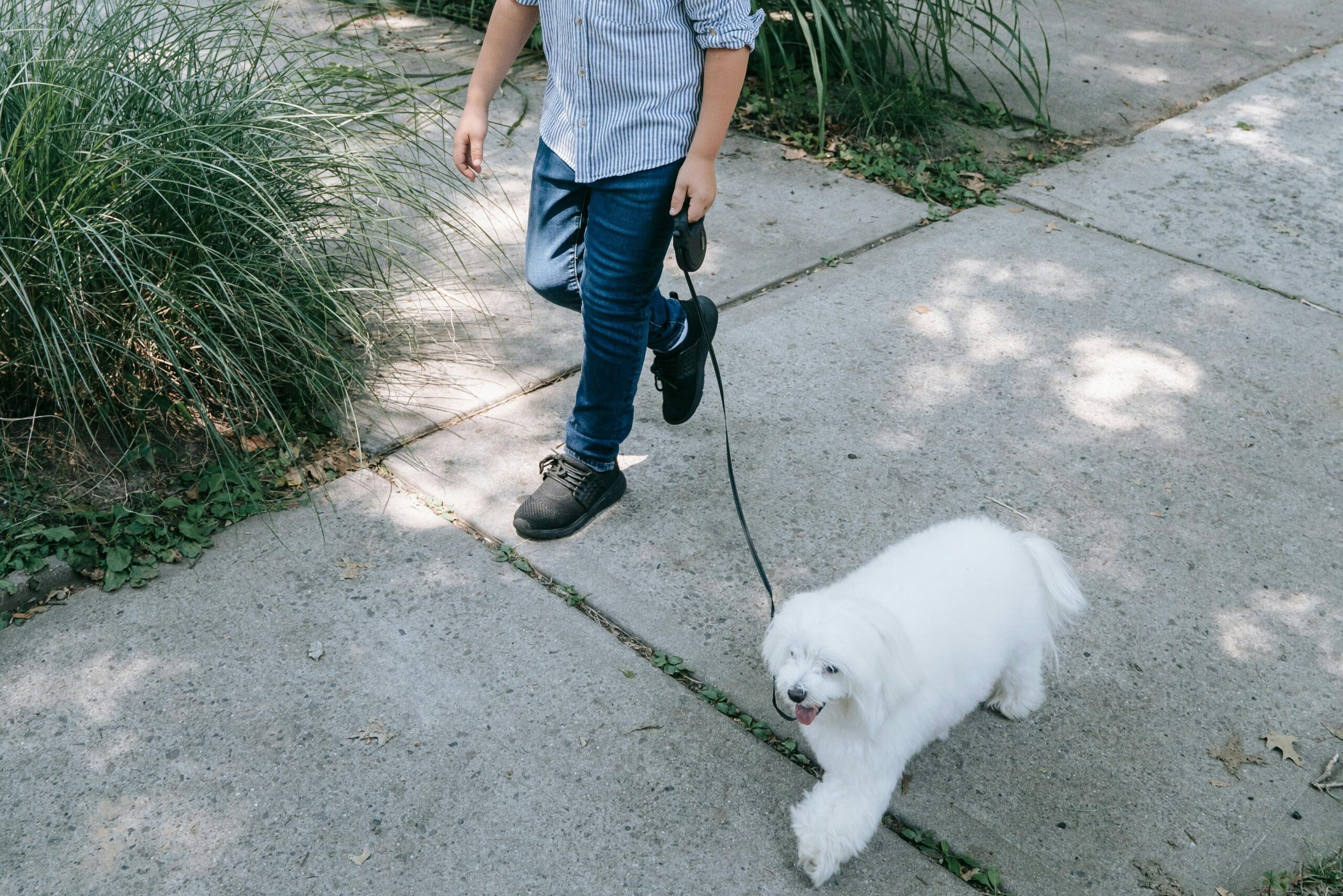
Dogs thrive on routine, and they know your habits inside and out. Whether it’s your morning coffee ritual or the time you usually leave for work, they can predict your next move by observing your daily patterns. It’s almost like they have an internal clock synced to yours.
6. Dogs Can Detect Health Issues
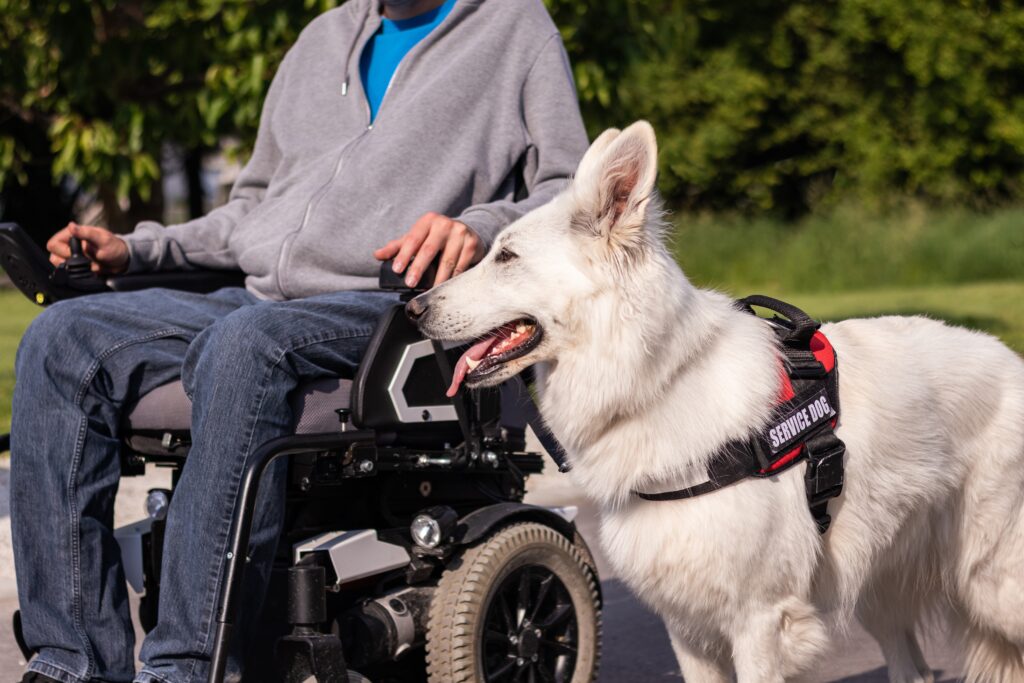
Believe it or not, some dogs can sniff out medical conditions like cancer, diabetes, or seizures before their human even notices symptoms. Dogs have an extraordinary sense of smell, and they can detect chemical changes in your body that signal something is off, making them natural health monitors.
7. They Know When You’re Leaving (And Coming Back)

Even if you try to sneak out quietly, your dog probably knows when you’re leaving. Dogs are highly sensitive to cues like grabbing your bag, putting on your shoes, or even subtle changes in your energy as you prepare to leave. And they’re also experts at anticipating your return, often waiting at the door just before you arrive home.
8. They Can Smell Your Mood
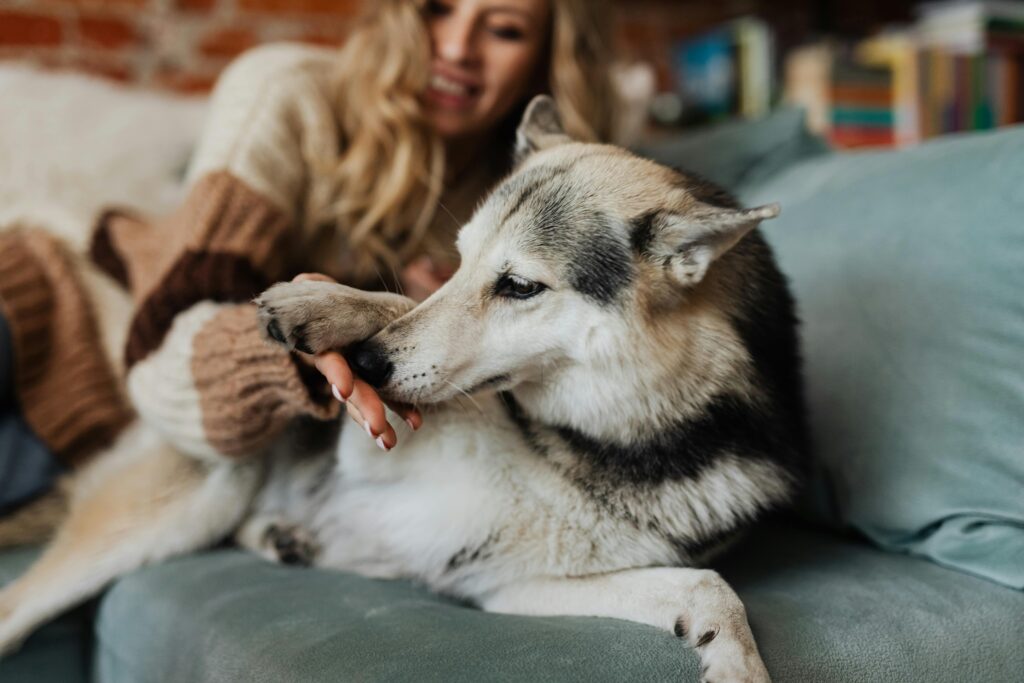
Dogs’ sense of smell is up to 100,000 times more powerful than ours, and they use it to sniff out changes in your body chemistry. When you’re stressed, for example, your body releases certain hormones that your dog can detect, allowing them to react by offering comfort or staying by your side.
9. Dogs Mirror Your Energy

If you’ve ever noticed your dog becoming hyper when you’re excited or calm when you’re relaxed, it’s no coincidence. Dogs are natural mirrors of our energy, often reflecting our moods and behaviors back to us. If you’re agitated, they may become anxious; if you’re calm, they tend to relax.
10. They Know When You’re Sick
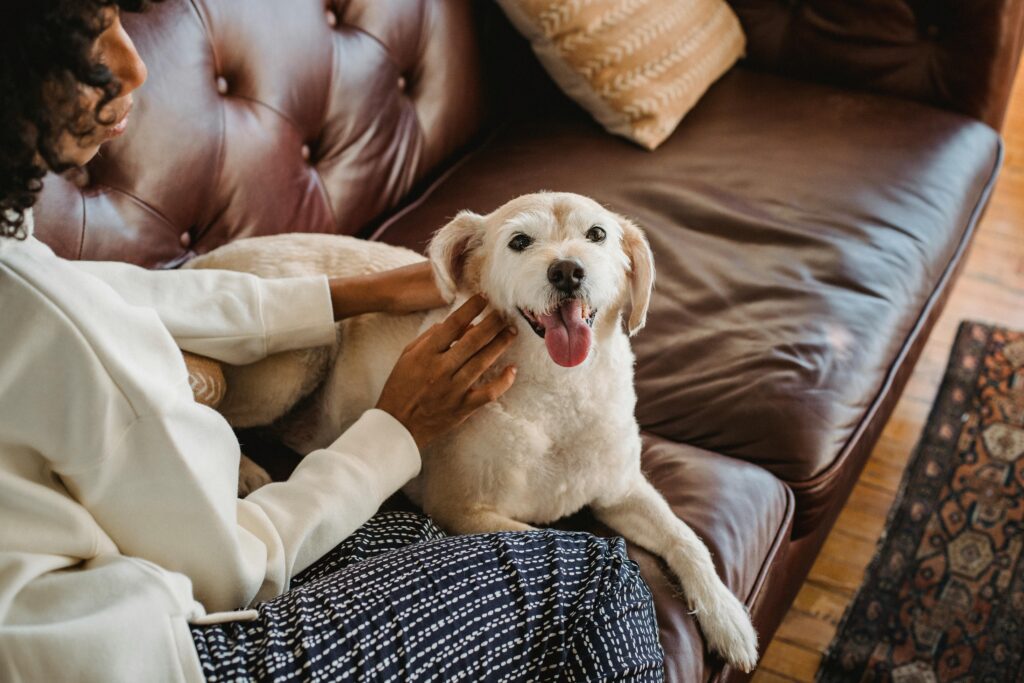
Dogs seem to have a sixth sense when it comes to illness. Whether it’s curling up next to you when you’re not feeling well or being extra protective, many dogs instinctively change their behavior when their owners are under the weather, as if they know something’s not right.
11. They Anticipate Your Commands
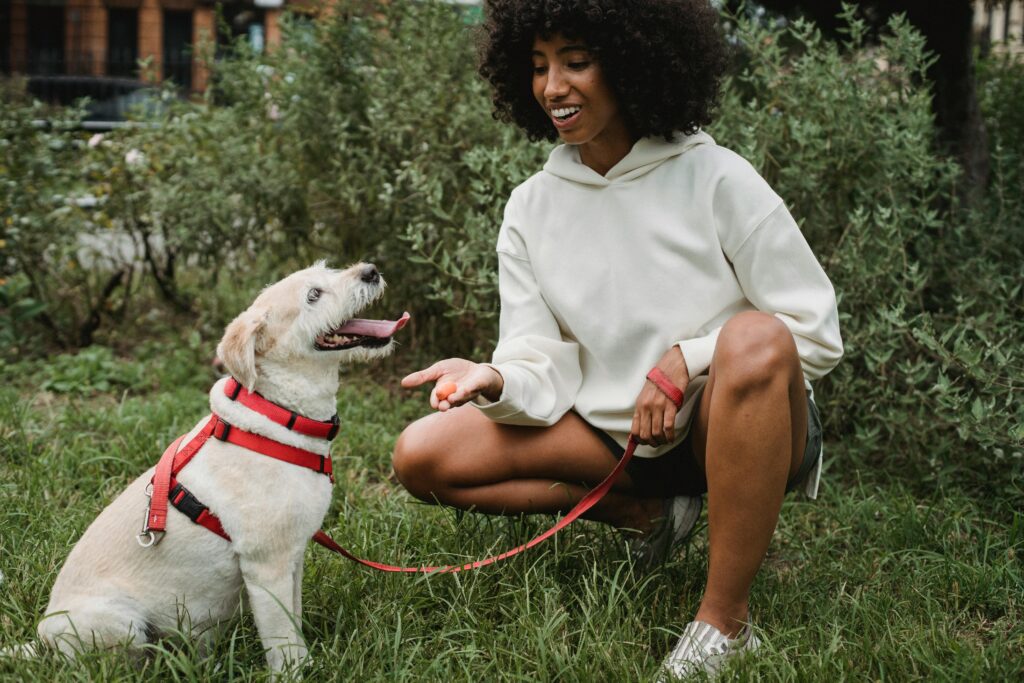
Ever feel like your dog is already doing what you want before you even give the command? Dogs are masters of body language and routine, so they often anticipate what you’re going to ask based on your posture, hand movements, or even a glance. It’s almost as if they’re reading your mind.
12. Dogs Can Tell When You’re Upset

When you’re sad, your dog is the first to know. Whether you’re crying or just feeling down, your dog picks up on the change in your mood and often responds by staying close, licking your face, or offering comfort. Their ability to sense emotional shifts makes them incredible emotional support animals.
13. They React to Changes in Your Breathing

Your dog even picks up on subtle changes in your breathing patterns. Whether you’re deeply relaxed, anxious, or upset, dogs can detect these shifts and adjust their behavior accordingly. It’s why they often come to you during moments of stress—they know something’s off just by how you’re breathing!


